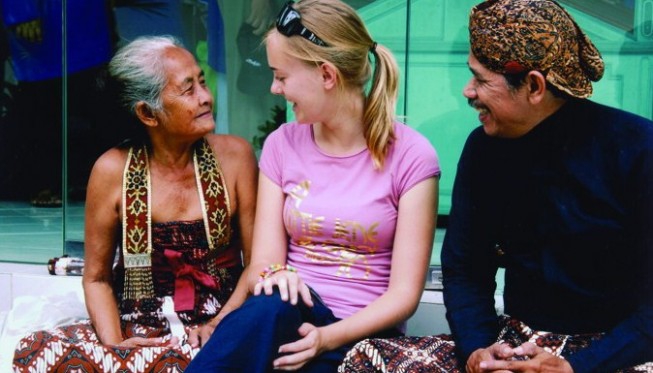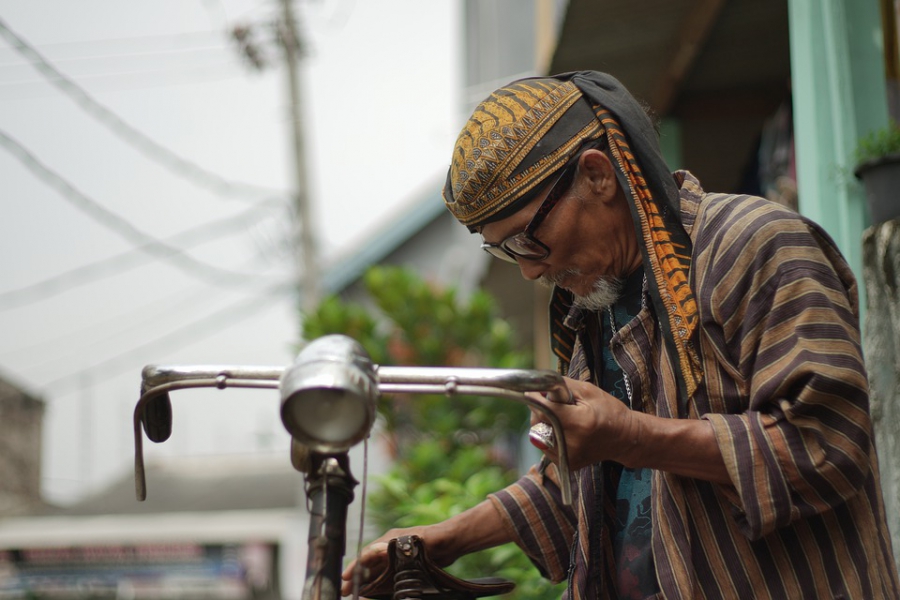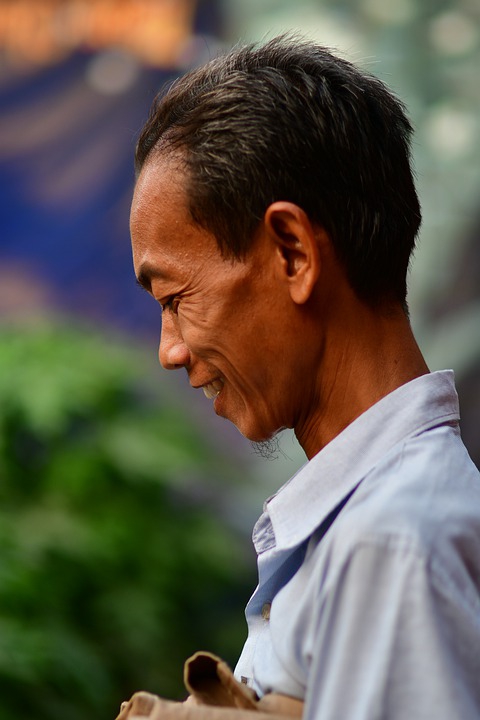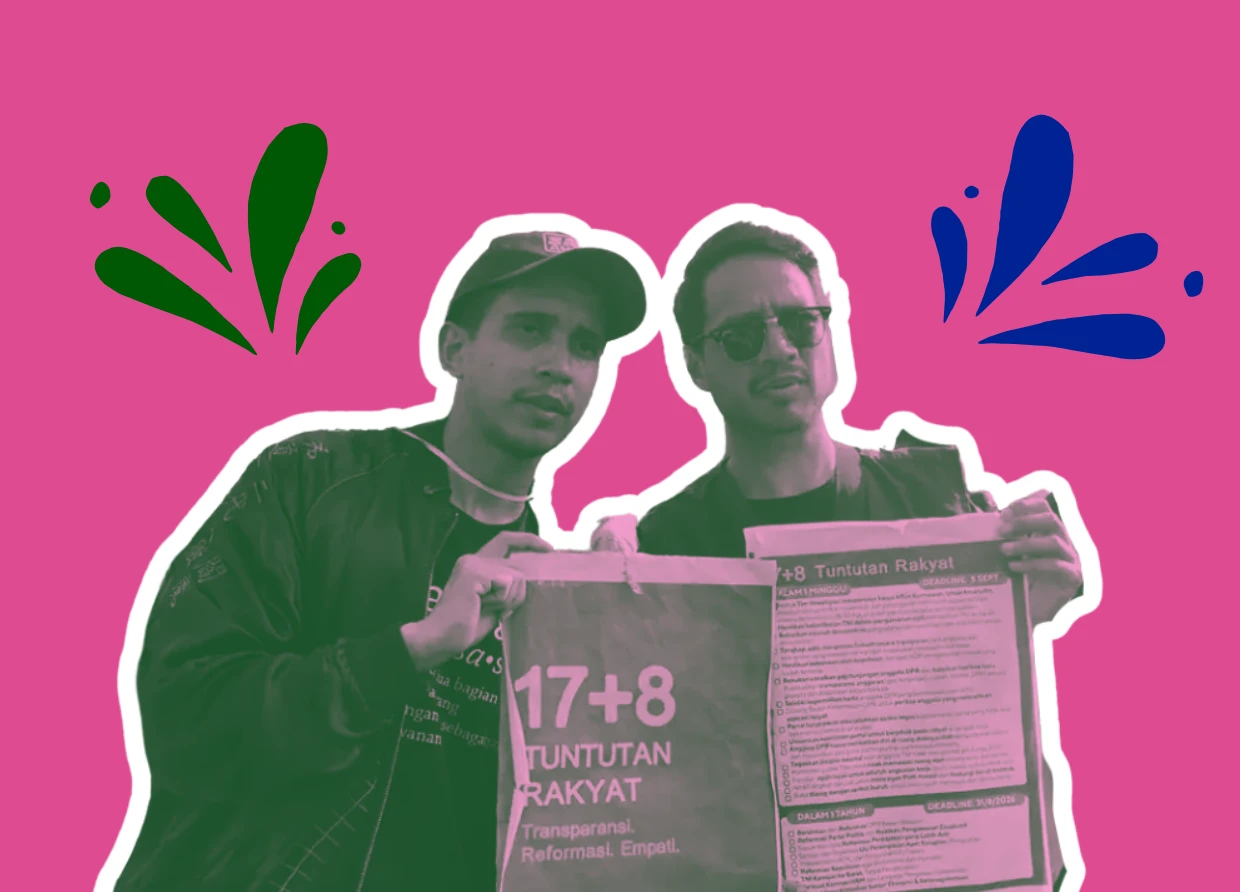INDONESIAN PROVINCES WITH THE HIGHEST LIFE EXPECTANCY
Yogyakarta residents are likely to outlive all of us.

The Indonesian Central Statistics Agency or BPS conducts a life expectancy survey in all provinces every year. Life expectancy is a population statistic that describes the average length of a person's life: the more significant the life expectancy, the better the population's health and welfare.
It is one of the indicators that contribute to creating the human development index. Interestingly, over the last three years, the life expectancy of Indonesians, both male and female, has increased.
Yogyakarta residents have the longest life expectancy
According to BPS statistics from 2020, the average life expectancy of Indonesia's 34 provinces is 71.52 years, which grew from 71.38 years in 2019 to 71.38 years in 2020.

Yogyakarta Special Region has the highest life expectancy in Indonesia for both men and women. This position has been constant throughout the last decade, from 2010 to 2020.
Yogyakarta's high life expectancy is backed by improvements in population health, particularly among newborns, toddlers, and women of reproductive age. The municipal authorities give not only that but the elderly special consideration.
The Ministry of Health (Kemenkes), in cooperation with RSUP Dr. Sardjito, created the Academy Health System senior care program. This program prepares a variety of training, including old service training, pre-retirement preparation training, caregiver education, and aged care services.
The ease of access to health facilities, the improvement of nutritional intake, and the reduction of sick people are evidence of the local government's dedication to maintaining consistency and extending the life expectancy of Yogyakarta.
The previous Minister of Health of the Republic of Indonesia, Nila Djuwita Farid Moeloek, said that lifestyle and culture are two elements that impact the high life expectancy of Yogyakarta. A peaceful and serene mindset contributes to this.
The concept of "nrimo ing pandum", which residents of Yogyakarta strongly embrace, instils three psychological constructs: acceptance, patience, and thankfulness for what life provides.
This genuine acceptance of all that happens promotes the development of higher psychological well-being in humans and lower stress levels. A higher level of psychological well-being promotes health and longer life.
Wealthy wellbeing
BPS Yogyakarta revealed that in 2012, despite Yogyakarta's poverty rate of 16%, DIY's life expectancy was the highest in Indonesia, with a reasonably high degree of wellbeing.
Prof. Sri Adiningsih, a UGM economic observer, disclosed that the rise of family consumption expenditure in DIY reached 6%, while the national number was only 4 to 5%.

"This is an interesting fact: while DIY's economic growth might be described as moderate or stagnant, family consumption is high," he remarked at a debate hosted by the Indonesian Economics Scholars Association (ISEI) Yogyakarta.
Despite the fact that the DIY poverty rate remains at 16%, the DIY group has the longest life expectancy in Indonesia, as well as a high degree of wellbeing.
Tavip Agus Rayanto, the head of the Regional Development Planning Agency (Bappeda) in DIY, stated that the poverty rate could not be separated from the results of a BPS survey utilizing multiple central government measures. Inadequate standards, such as residents living in woven huts with earth floors. Other variables, such as cattle ownership, were, however, left out of the data collection.
"This is DIY, and even if the people are poor, the people are prosperous," Tavip explained.
The particular state of DIY should be used as an input in determining the indicators of the degree of communal life.
Gender-based expectancy
According to a 2020 BPS poll, women in Indonesia had a greater life expectancy than men. In general, the male life expectancy in Indonesia is 69.59 years old, while the female's life expectancy is 73.46 years old.

Male residents of Yogyakarta have the highest expectancy of 73.22 years. East Kalimantan came in second place with a life expectancy of 72.54 years. Meanwhile, Central Java ranks third with 72.51 years. West Java climbed to fourth place with 71.30 years with a modest shift. The capital city of Indonesia, Jakarta, comes in fifth with 71.10 years.
Meanwhile, when it comes to female residents, Yogyakarta is back in first place with a life expectancy of 76.83 years. Central Java came in second place with 76.30 years. Meanwhile, East Kalimantan ranks third with a life expectancy of 76.21 years.
Overall data from the ten provinces with the most significant female life expectancy show that none fell below the 70-year mark.
Data on life expectancy is one of the resources used to construct health development and other social projects to increase the welfare of Indonesians and the life expectancy of each region in the country for both men and women.
#THE S MEDIA #Media Milenial #life expectancy in jogja



























